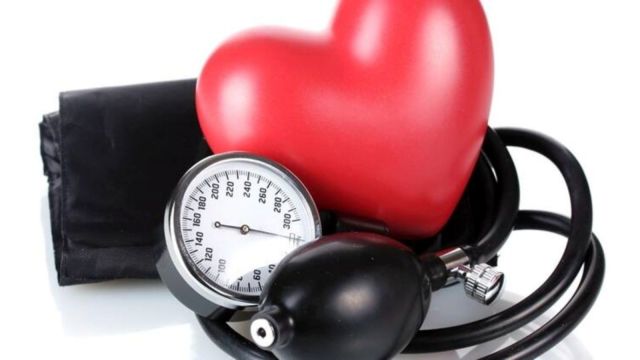Click here to join Express Pune WhatsApp channel and get a curated list of our stories
Don’t miss a beat: why rheumatic heart disease, a preventable disease, still matters
Pune-based Rohit was only 28 when diagnosed with rheumatic heart disease after he showed symptoms like breathlessness after climbing a flight of stairs or even short walks.
 While the patient recovered and is stable, doctors stressed the need for early diagnosis, improved prevention, and treatment to manage the disease with less severe disability. (Representative Photo)
While the patient recovered and is stable, doctors stressed the need for early diagnosis, improved prevention, and treatment to manage the disease with less severe disability. (Representative Photo)This September, as awareness is being raised on heart health, a Pune-based food businessman’s case highlights the importance of recognising early symptoms and seeking timely medical care to prevent conditions like rheumatic heart disease (RHD). The man who was diagnosed with RHD when he was in his late 20s underwent three major valve operations, with a fourth one recently performed in August this year. While the patient recovered and is stable, doctors stressed the need for early diagnosis, improved prevention, and treatment to manage the disease with less severe disability.
Just two years into his marriage, Pune-based Rohit started getting symptoms like breathlessness after climbing a flight of stairs or even short walks. Medical tests, including a 2D Echo, diagnosed him with RHD with damage to both his heart valves. He was only 28 at the time and his wife was 24.
Doctors in Pune advised surgery, and both the aortic and mitral valves were replaced in 2002. Life slowly returned to normal as Rohit got involved in his food business while his wife started a new job in an IT firm. However, a decade later, the symptoms resurfaced—breathlessness and discomfort that felt all too familiar. The tissue valves had begun to degenerate.
Rohit’s wife told The Indian Express that she had learned to adapt to these recurring challenges. “Rohit wanted to avoid lifelong blood thinners and another surgery followed, with tissue valves,” she said.
But in 2022, when the mitral valve failed, Dr Sameer Bhate recommended that it be replaced with a mechanical valve.
Rohit underwent his third heart surgery in 2022. He remained well till about six months ago when the aortic valve tissue started showing signs of degeneration. Towards the end of 2024, the aortic valve also deteriorated, bringing back the breathlessness and related symptoms.
For this Pune-based couple, a fourth surgery was simply devastating. The first surgery was done by Pune-based cardiac surgeon Dr Sudhir Bhate. His son Dr Sameer Bhate performed the later surgeries but had moved from Pune to Faridabad, Haryana, where he now heads the Adult Cardiac Surgery Department at Amrita Hospital.
“Sometimes, the body presents unimaginable challenges, and what began as a plan to replace the aortic valve turned into a full Bentall operation—one of the most complex procedures in cardiac surgery. The anatomy was severely scarred. We had to replace the entire aortic root and valve, graft a bypass to an injured coronary artery, and cool the patient to 28°C during surgery,” Dr Bhate said.
Cardiopulmonary bypass lasted seven hours. Even initiating a bypass was a challenge. After 11 hours, Rohit’s heart was beating strongly. The patient was weaned off the ventilator on day three, ambulated by day five, discharged to the ward on the sixth post-operative day, and discharged on August 26,” said Dr Bhate, who has performed 138 redo cardiac surgeries to date, including four third-time redo heart surgeries.
RHD begins in childhood as a throat infection
Rheumatic heart disease often begins in childhood as a throat infection caused by Streptococcus haemolyticus. If not treated appropriately, this infection can lead to lasting damage to the heart valves—most commonly the mitral valve, followed by the aortic valve. Symptoms often remain silent until the disease has progressed significantly, at which point patients may begin to experience fatigue, palpitations, and difficulty breathing, according to Dr Bhate.
“This breathlessness can result from blood accumulating in the lungs,” Dr Bhate explained.
Despite progress in healthcare, RHD continues to be a serious public health concern in India. According to the Indian Heart Journal, it primarily affects individuals during their most productive years. In 2021 alone, an estimated 1.6 lakh deaths in India were attributed to RHD.
“Awareness is key,” Dr Bhate said, adding that regular follow-up and long-term care remain difficult to access in certain regions. “There is a need for increased awareness and expanded screening programmes in schools and communities,” he said.
Click here to join Express Pune WhatsApp channel and get a curated list of our stories








